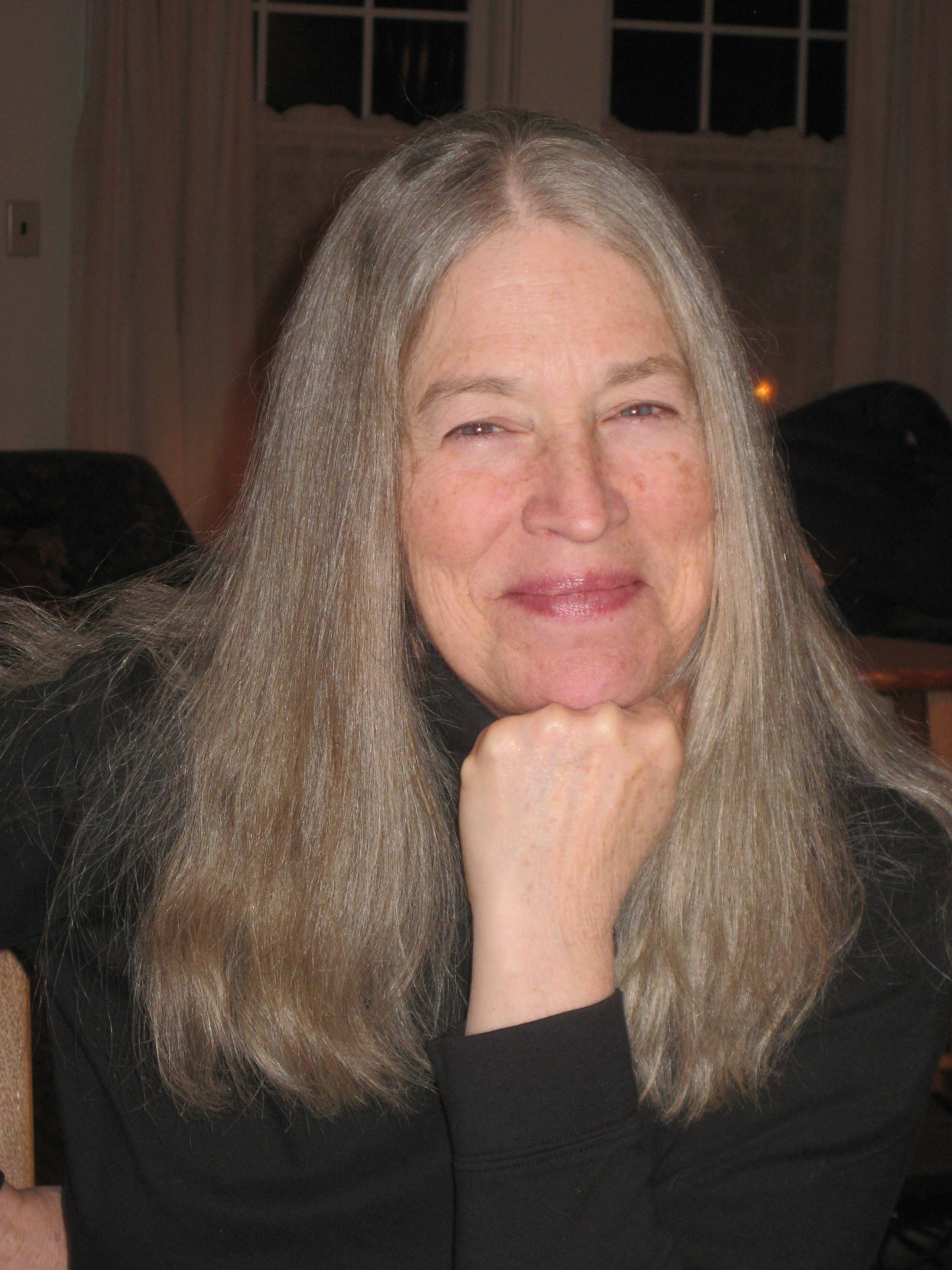|
|
|
Poetry Porch Announcement 2019
Kelsay Books announces the publication of
Take and Receive, a collection of poems by Joyce Wilson.The poems in Joyce Wilson’s Take and Receive combine a remarkable clarity of insight with a honed sense of the possibilities inherent in formal verse. In “The Envy of the Gods,” a poem about married life, the perfect iambic line “We bought a house that no one else would want” offers a sudden, sure look at the couple in question, united in choosing what has been overlooked, in finding their own way. With geographies as close as the poet’s own garden and as far away as Egypt, Wilson immerses the reader in the things she has seen and lived. This collection is — to borrow a phrase from her title poem — a “tonic against grief,” bracing and brave.
— Jennifer Barber, author of Works on PaperA variation on the phrase “give and take,” Joyce Wilson’s Take and Receive, at first, appears to be about gender dynamics, but it is ultimately about the nature of power and perception. In addition to being a master formal poet, a scholar, and an editor, Joyce Wilson is a gardener. She knows the overarching plot there. Wilson is someone who gives and receives, but also takes. There is a paradoxical reason we like the predatory stories, as in her award-winning poem “The Speckled Hawk,” which suggests “That might explain divisions in her ways –– / The softest down, the sharpest knife, / The fierceness in the cry that she betrays.” In daily life, most of our challenges are more subtle, and that’s why we need Joyce Wilson, with her sense of pattern and skill: and her memorable, wise voice.
— Kim Bridgford, author of A Crown for Ted and SylviaPraise for The Springhouse:
Like the springhouse that gives her collection its title, Joyce Wilson’s work offers both bracing freshness and mystery. In her poems about animals and insects, she honors the beauty of the natural world; and in her moving poems about her sister, she acknowledges its pain. Wilson richly rewards her readers’ attention by her own patient fidelity to her subjects.
— Timothy Steele, author of Toward the Winter Solstice
Information about READINGS.
|
|
|
|

Joyce Wilson is editor of The Poetry Porch, a literary magazine on the Internet, which has been on-line since 1997. Her poems have appeared in many literary journals, among them American Arts Quarterly, Grey Sparrow, Ibbetson Street Magazine, and Main Street Rag. She has published a full-length poetry collection, The Etymology of Spruce, and a chapbook, The Springhouse (also with Finishing Line Press). She and her husband have lived in the same house in Scituate, on the South Shore of Boston, since 1975. (Author photo by John Goldie.)
Return to the Poetry Porch contents page.
Send comments via email to Poetry Porch Mail.